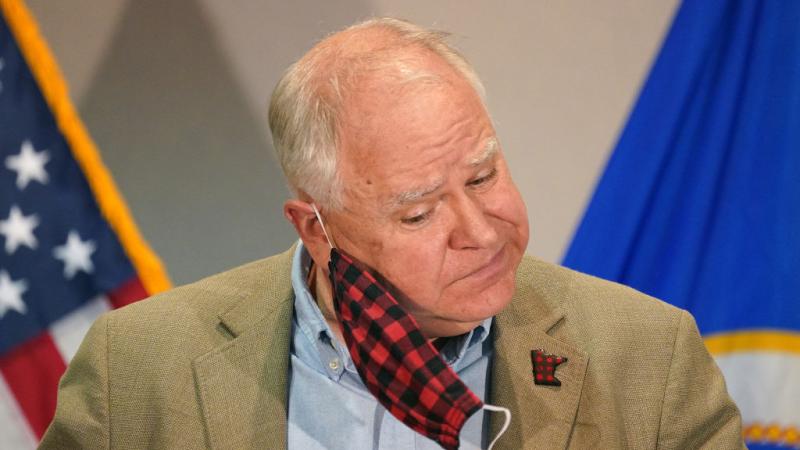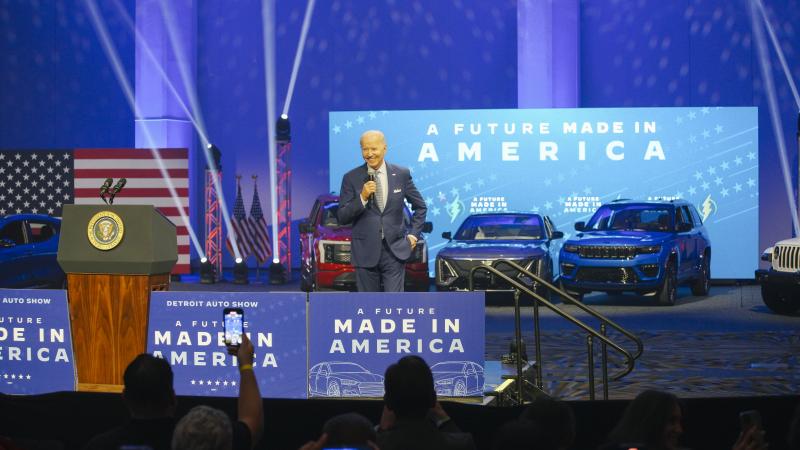USDA announces racial preferences in new 'climate smart agriculture' funding
New $50 million 'racial equity and justice' grant program announced, despite federal judge's order to department to stop race-based loan forgiveness.
This week's Golden Horseshoe goes to the USDA for $50 million in "climate smart agriculture" grants the department will award preferentially in the name of "racial equity and justice" to "socially disadvantaged" racial and ethnic classes of farmers and ranchers, as well as to "historically underserved producers."
Despite a recent court ruling against the department for a race-based loan forgiveness program, the USDA posted notice on Aug. 25 of a funding opportunity for a new program involving such preferences, Conservation Outreach: Racial Equity and Justice Conservation Cooperative Agreements."
"The Office of Outreach and Partnerships Division (OPD) within the U.S. Department of Agriculture's Natural Resources Conservation Service (NRCS) provides leadership and funding to ensure that all programs and services are made accessible to all NRCS customers, fairly and equitably, with emphasis on reaching the underserved and socially disadvantaged farmers or ranchers and landowners," the new grant program synopsis states.
The agency will be awarding the fiscal year 2022 grants to "socially disadvantaged" farmers or ranchers who are members "of one or more" of a targeted list of "groups whose members have been subjected to racial or ethnic prejudice because of their identity as members of a group without regard to their individual qualities," the Request for Applications announces.
The RFA specifies, "Groups include, but are not limited to:
- African Americans
- American Indians
- Alaskan Natives
- Asians
- Hispanics
- Pacific Islanders"
While the list of preferred racial and ethnic groups is borrowed from the American Rescue Plan loan forgiveness criteria, the new program expands eligibility to some "historically underserved" farmer or rancher groups not defined by race or ethnicity, including beginners, veterans, and those of limited resources.
In its 18-page RFA, the USDA explains that the grants are noncompetitive, as it determined "that noncompetitive awards under this RFA are in the best interest of the government and necessary to the accomplishment of the goals of the program to provide outreach and technical assistance to historically underserved communities."
The $50 million will be spent to advance "climate-smart agriculture" that encompasses conservation practices including soil health improvement, water quality and quantity improvement, improving environment and economic performance of farmland, and providing a habitat for local wildlife species at risk.
Program priorities include "utilizing climate smart agriculture practices and principles," and "climate smart agriculture" is defined as "planning and developing solutions to address frequent and changing weather patterns."
A webinar is scheduled at the end of September for interested applicants. Oct. 25 is the deadline for submissions.















